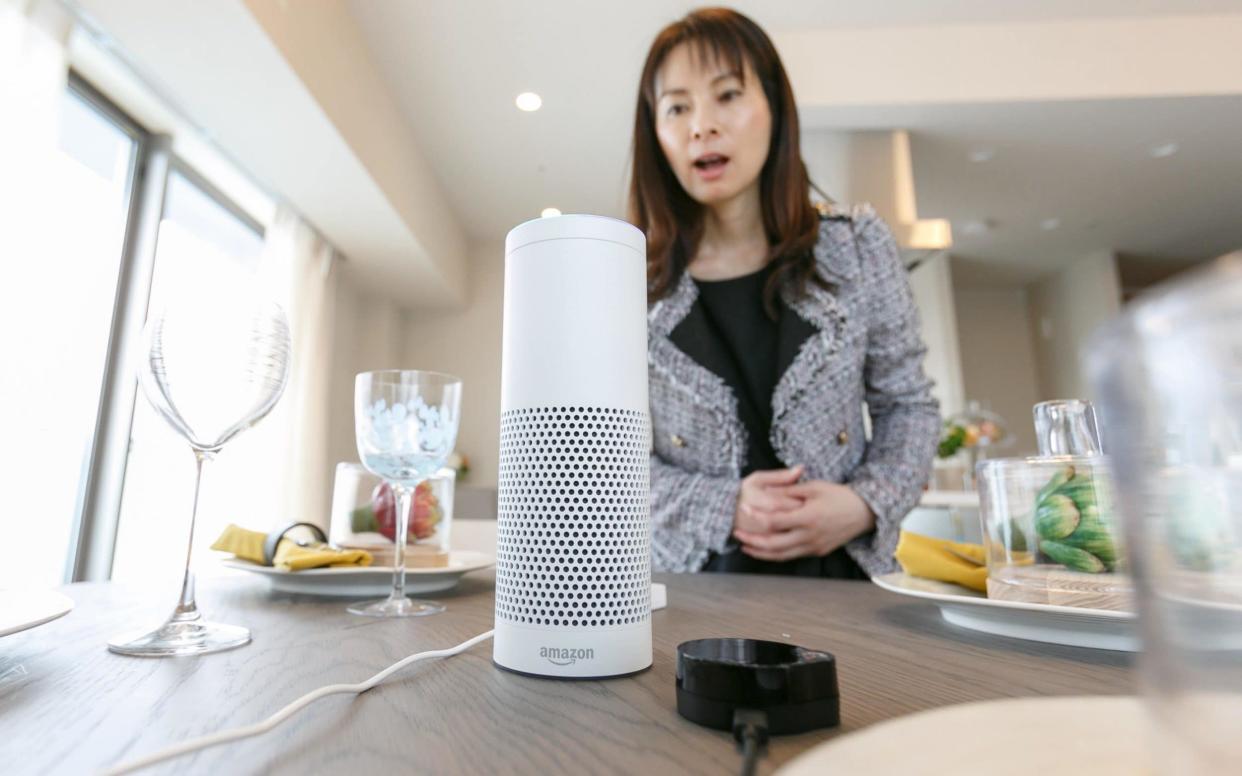Smart speaker systems such as Siri and Alexa entrench gender bias, UN study finds

Artificial intelligence-based smart speaker systems that use female voices are helping to perpetuate gender biases, according to a United Nations study.
The study called “I’d blush if I could” found that voice assistants with female voices are characterised as “obliging and eager to please”, which in turn normalises the idea that women should be “subservient and tolerant of poor treatment”.
The report from UNESCO, a UN agency, highlights the dangers of technology companies setting smart speakers with a female voice by default, which sends a signal that women are “docile helpers” that are “available at the touch of a button”.
Some of the world’s largest technology companies including Apple, Amazon, Google and Microsoft have developed voice assistant systems such as Siri, Alexa, Cortana and Google Assistant. All of them use female voices as the standard setting.
“Companies like Apple and Amazon, staffed by overwhelmingly male engineering teams, have built AI systems that cause their feminised digital assistants to greet verbal abuse with catch-me-if-you-can flirtation,” the study notes.

“The assistant holds no power of agency beyond what the commander asks of it. It honours commands and responds to queries regardless of their tone or hostility.”
The critique around the way people engage with smart speakers using female voices comes as the uptake of the technology is continuing to grow globally.
According to market research firm Gartner, the number of interactions people have with the likes of Siri and Alexa is set to exceed the number of interactions people have with their spouses by next year.
Meanwhile, a YouGov poll of 1000 people found that two thirds of women find female voice assistants have difficulty responding to their commands.
One organisation looking to tackle the issue of gender bias is EqualAI, which claims to have created the first genderless voice system called Q through a series of tests that found a tone difficult to pin as either male or female.


